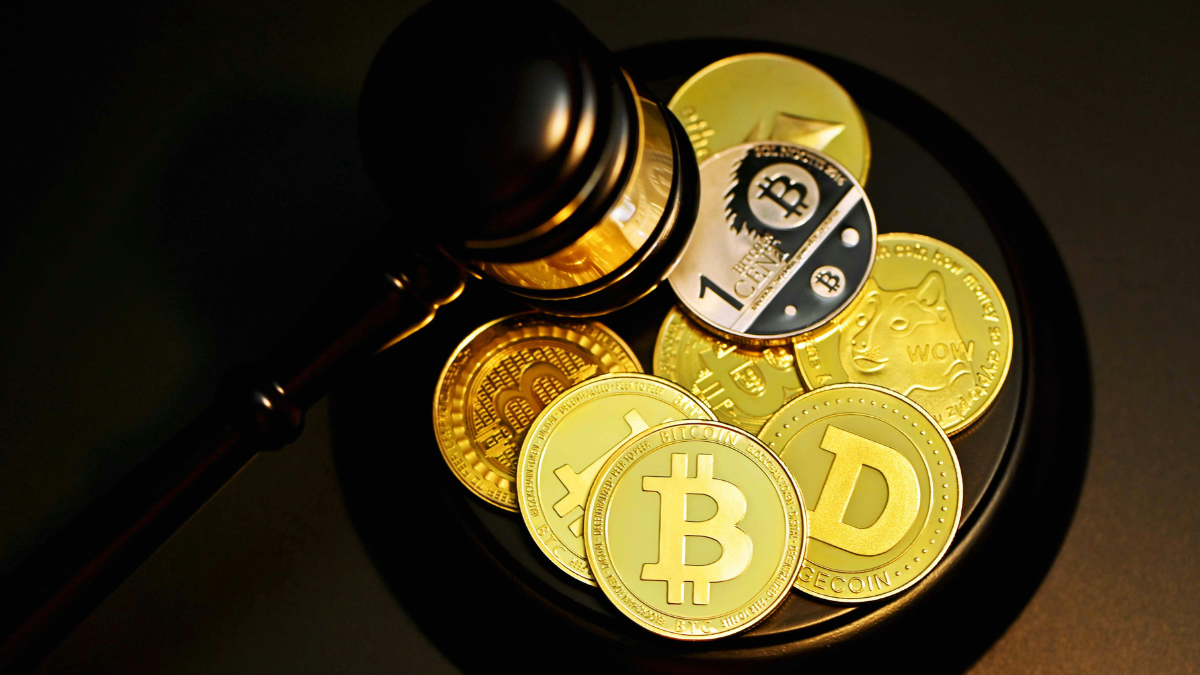Now Reading: India’s Legal Move on Cryptocurrency: What “Property” Status Means for Everyday Investors
-
01
India’s Legal Move on Cryptocurrency: What “Property” Status Means for Everyday Investors
India’s Legal Move on Cryptocurrency: What “Property” Status Means for Everyday Investors

India’s decision to treat cryptocurrency as “property” rather than as illegal tender marks a big moment for investors. This legal recognition doesn’t make crypto a government-backed currency, but it does give it legitimacy as an asset class. For millions of small and retail investors across the country, especially in Tier 2 and Tier 3 cities, this change could redefine how they buy, trade, and secure digital assets
What the new classification means
By categorizing crypto as property, India has moved toward a more defined legal structure. It means digital assets like Bitcoin or Ethereum are now viewed somewhat like gold, real estate, or shares—something you can own, transfer, and be taxed on. This shift gives investors a clearer idea of their rights and responsibilities when dealing with crypto. It also signals that the government intends to regulate the market rather than ban it outright.
Impact on retail investors
For small investors, this move brings both relief and responsibility. The relief comes from legitimacy—investors can now hold crypto without the fear of sudden bans or unclear legality. It allows for safer participation through regulated exchanges and better protection from fraud. On the flip side, being classified as property also means taxes will apply. Profits made from crypto trades may now fall under capital gains tax, similar to profits from stocks or real estate.
Tier 2 cities and growing adoption
The biggest change may be seen outside the metros. Tier 2 and Tier 3 cities have seen a sharp rise in crypto users over the past two years. Many first-time investors from smaller towns are drawn to digital assets for quick returns and accessibility through mobile apps. Legal recognition gives them confidence to invest more seriously, but it also demands greater financial awareness. These investors now need to understand compliance, taxation, and safe trading practices.
Challenges that still remain
While recognition as property is a step forward, the crypto space in India still faces uncertainty. Clear rules on taxation, consumer protection, and cross-border transactions are yet to be finalized. Without detailed guidelines, small investors could face confusion about how to report or secure their holdings. Education and awareness campaigns will be critical so that the enthusiasm around crypto doesn’t lead to costly mistakes.
A balanced step toward the future
For India, recognizing cryptocurrency as property is a middle path—neither a ban nor a free-for-all. It acknowledges the growing participation of Indian investors while keeping a regulatory check. For ordinary citizens, especially in smaller cities, it offers a framework to explore digital assets responsibly, with clear rules and less fear.
Conclusion:
The legal recognition of crypto as property in India is a defining step for the country’s digital economy. It brings much-needed clarity and confidence to millions of retail investors, but also sets expectations for accountability. As the market evolves, those who stay informed, cautious, and compliant will be best placed to benefit from India’s gradual move into the world of regulated digital finance.
























